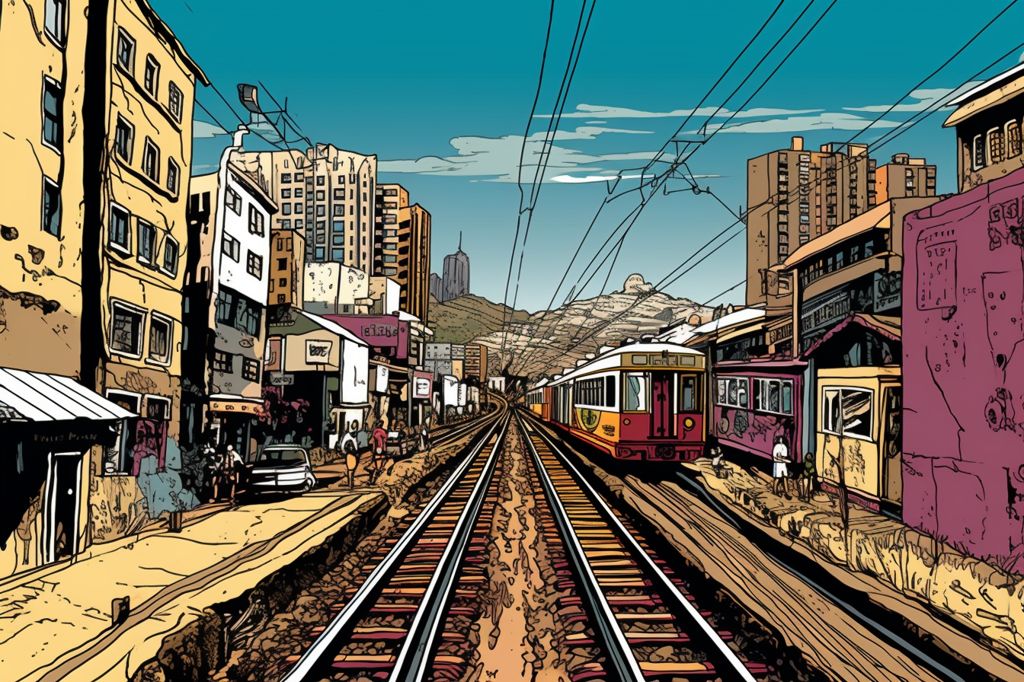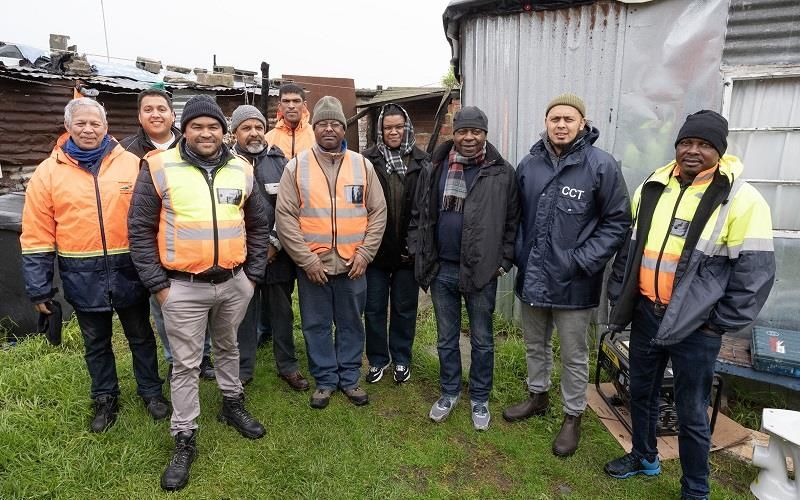Cape Town’s Mayor Geordin Hill-Lewis has invited President Cyril Ramaphosa to establish a joint working committee focused on the urgent devolution of passenger rail services. The initiative is in response to recent anti-devolution sentiments from the African National Congress (ANC).
Mayor Seeks Confirmation on National Cabinet-Approved White Paper
Mayor Hill-Lewis seeks President Ramaphosa’s reaffirmation of his dedication to devolving passenger rail in metros and requests a partnership with the City to expedite rail devolution. The Mayor emphasizes the importance of immediate action to prevent further delays in the devolution process, which could take years for the metro to execute.
Importance of Rail Devolution in Cape Town
The need for a dependable, safe, and affordable rail service in Cape Town is urgent, particularly for lower-income households. According to research, an efficient passenger rail service could save these households up to R932 million annually. Additionally, a functioning train system could sustain more than 51,000 jobs and contribute R11 billion to the local economy each year.
Cape Town’s Devolution Feasibility Study
Cape Town’s devolution feasibility study is well underway, demonstrating the city’s readiness to collaborate with the national government in reviving the collapsed passenger rail system. Presently, the system serves merely 2% of commuters. However, recent anti-devolution comments from the newly appointed Transport Minister and the ANC’s policy head for economic transformation have raised concerns.
Contradictory Comments on Devolution
Newly appointed Transport Minister Sindisiwe Chikunga has stated that no current plans exist to devolve rail for the City’s control. The Minister has also neglected to reply to a letter from Mayor Hill-Lewis, sent in March, requesting the formation of a joint working committee on devolution.
In January, outgoing Transport Minister Mbalula declined to create such a committee, asserting that neither the government nor he had been directed to initiate any devolution process. In the same month, the ANC’s policy head for Economic Transformation, Mmamoloko Kubayi, informed Sunday World that rail devolution was off the table for the ANC.
Mayor’s Commitment to Devolution
Regardless of the President’s reply, the Mayor remains committed to advocating for a proper passenger rail service in Cape Town. Given the critical need for an operational rail system in Cape Town, Mayor Hill-Lewis now seeks a commitment to devolution directly from President Ramaphosa.
Cabinet-Passed White Paper on National Rail Policy
In May 2022, the Cabinet passed the White Paper on National Rail Policy, promising to devolve rail to capable metros and develop a Rail Devolution Strategy in 2023. Since then, various senior political figures have contradicted this policy, causing indefinite delays in completing the devolution strategy.
Opposition to Rail Devolution
ANC’s policy head for Economic Transformation, Mmamoloko Kubayi, expressed her opposition to rail devolution, stating that strategic infrastructure and crucial economic activities cannot be handed over to metros. As rail is a fundamental component of goods and people’s movement, she argues that it cannot be delegated to city authorities.












